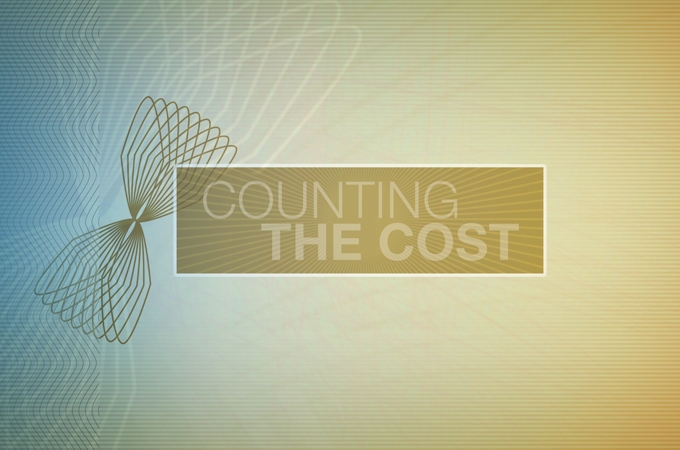
The price of a ‘fast’ life
Who is feeding our insatiable desire for food, the latest fashion, and gadgets and do we care about the consequences?
Our programme this week starts with the way we consume the everyday stuff like food, apparel and increasingly, electronic gadgets. These are things which make our lives easier, more exciting. But when we dig a little deeper, we find them all to be tainted with some kind of scandal – the type that exploits people, usually in places where they can least afford it.
But it is something we often put to the back of our minds. When we pick up, say, our Apple iPhone – do we think about the conditions in the Foxconn factories in China where they are made?
Keep reading
list of 4 itemsEcuador weighs security, international arbitration in latest referendum
‘Triple spending’: Zimbabweans bear cost of changing to new ZiG currency
Boeing hit with 32 whistleblower claims, as dead worker’s case reviewed
Worse still, people die in fires in textile factories in Pakistan and Bangladesh – but does it stop us returning to the same clothes stores to buy more of those products?
Usually not until we start to consume something we had no intention of consuming and the recent horsemeat scandal across Europe has illustrated that quite starkly.
Bangladesh exports $24.3bn worth of clothing – almost 80 percent of all its exports. With around 5,000 garment factories employing more than three million workers – most of them women, the tiny nation is the world’s second largest exporter of clothing after China.
Much of the clothing it produces goes to big international brands like H&M, Calvin Klein and Gap. But consider this:
Fires at clothing factories in Bangladesh have killed more than 700 people in the last seven years and the clothing industry has some of the worst paid workers in the world.
In this episode, Al Jazeera’s Tarek Bazely caught up with Bangladesh’s finance minister, Abul Maal Abdul Muhith to discuss if the country was too dependent on the textile industry.
We also speak to Judy Gearhart, the executive director at the International Labor Rights Forum, an organisation which takes an active role in trying to improve conditions in some of these factories.
Austerity – Italian style
Meanwhile in Italy, Berlin’s favourite technocrat, Mario Monti, got a bloody nose at the hand of the voters. We talk about Monti, who, in some circles, was lauded for protecting the Italian economy from further damage.
But what did Monti really do for Italy? The economy was slowing when he stepped into Silvio Belusconi’s shoes but by the end of his 15 months, Italy was in recession and that is likely to continue.
Debt as a percentage of gross domestic product has actually risen to 127 percent – at the end of 2012 it was 120 percent – with unemployment peaking at 9.5 percent last year, compared to 8.4 percent in 2011.
At the end of it all, the government needs to raise almost $560bn this year to finance its spending – and that is the consequence of austerity.
Italians do not like it but Europe insists a coalition government is needed immediately in the country to continue with its programme of cuts. It has become the classic economic argument in Europe – austerity vs stimulus – and we discuss the two, in the Italian context with Silvio Peruzzo, an economist at Nomura Holdings in London.
Finally, Indonesia has the world’s largest coconut plantations and is the second largest coconut exporter after the Philippines. But, as Step Vaessen reports, while there is a huge boom for coconut products worldwide, it looks like Indonesia’s farmers are missing out.
Watch each week at the following times GMT: Friday: 2230; Saturday: 0930; Sunday: 0330; Monday: 1630. Click here for more Counting the Cost. Follow Kamahl Santamaria @KamahlAJE and business editor Abid Ali @abidoliverali |
